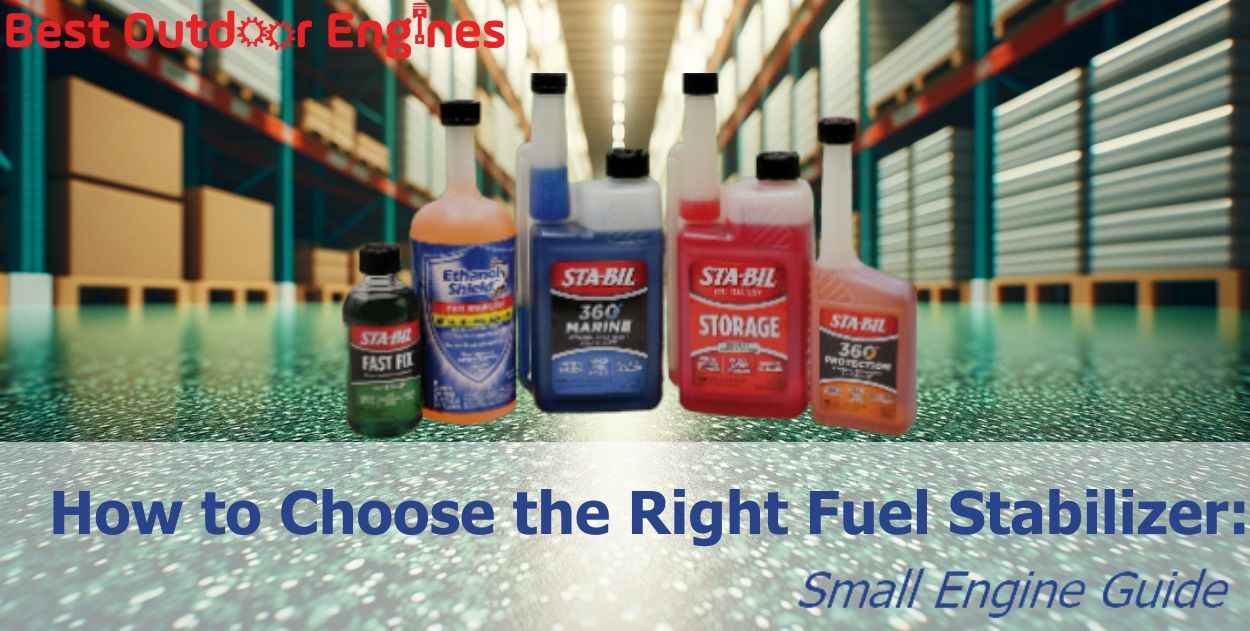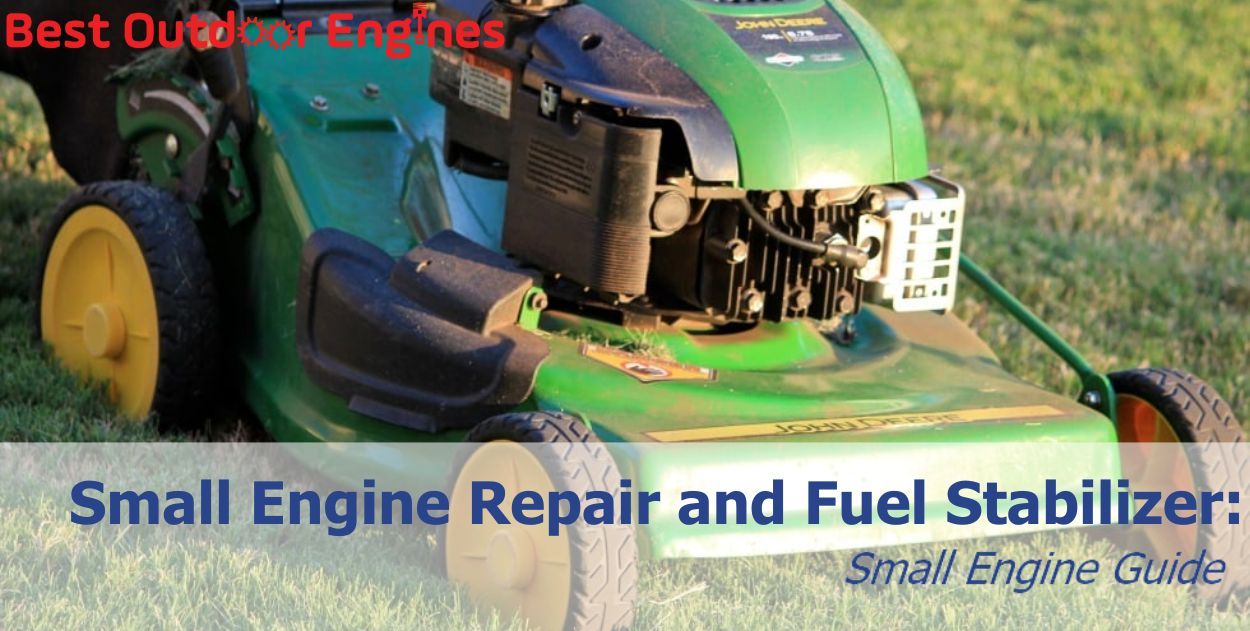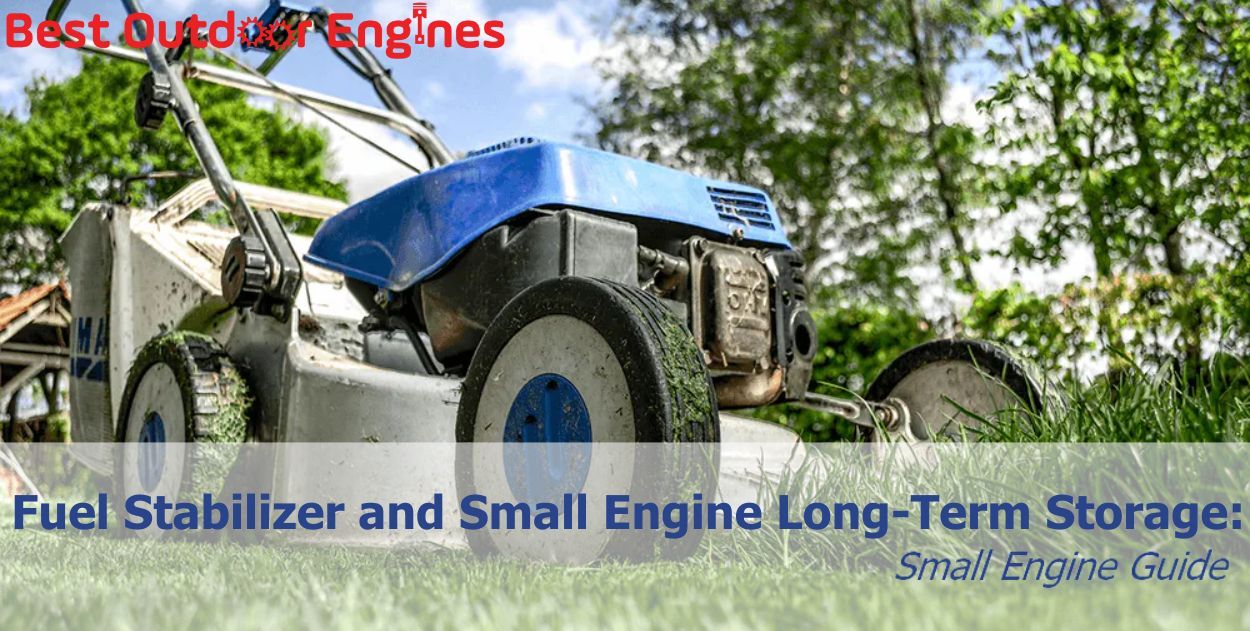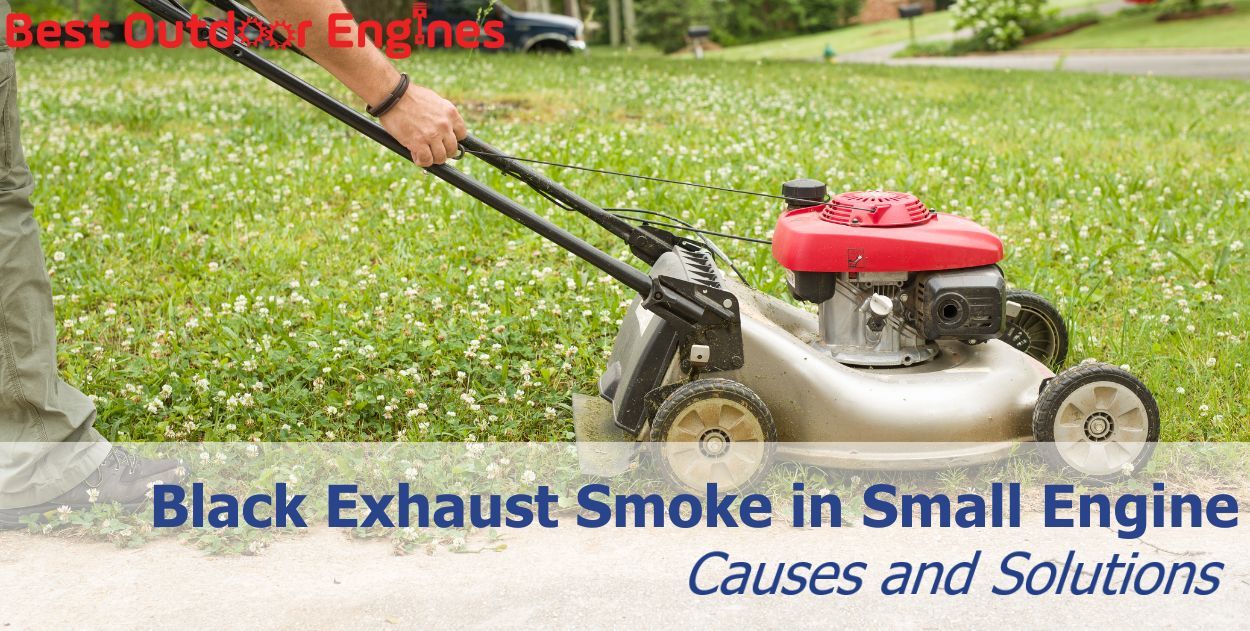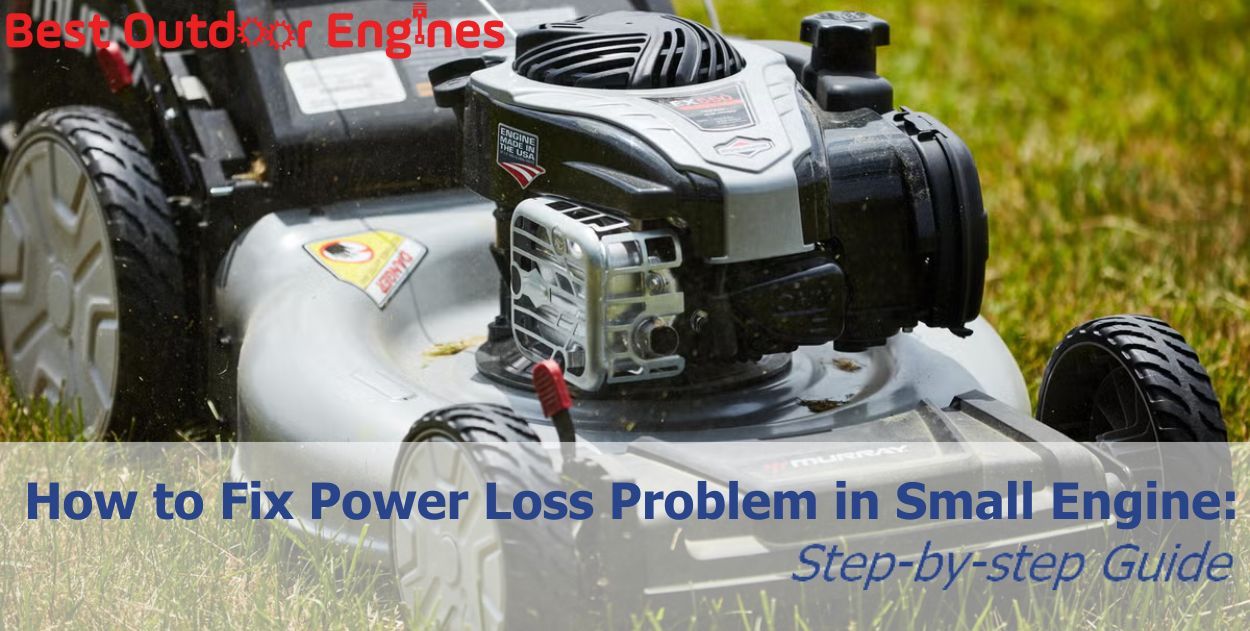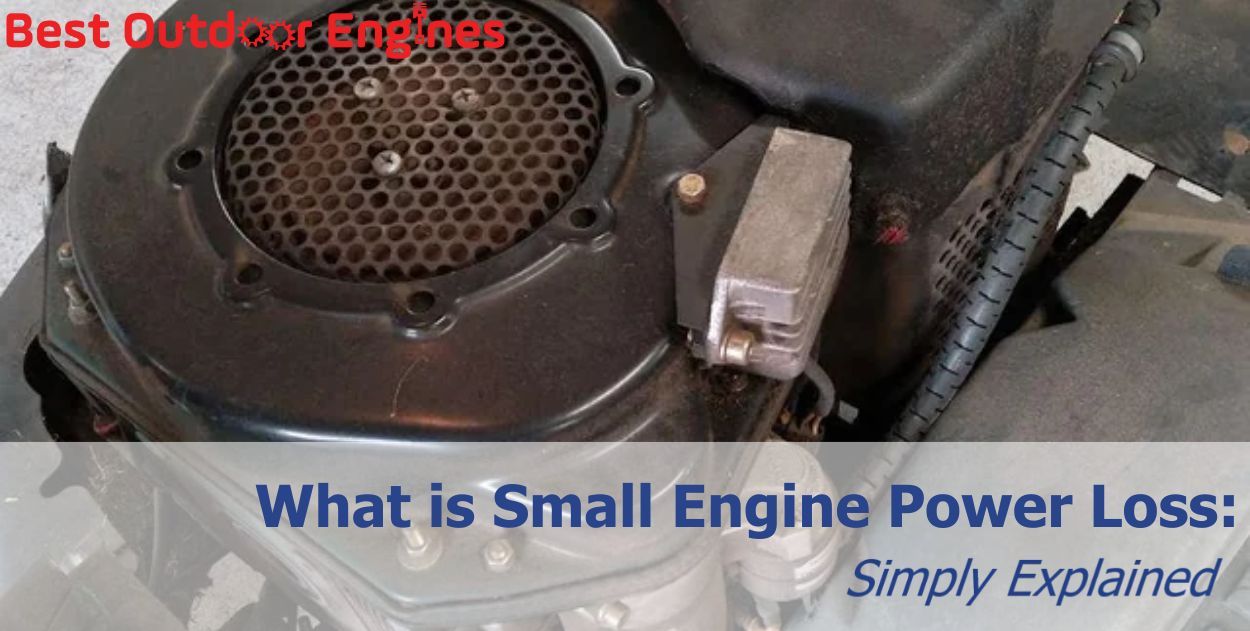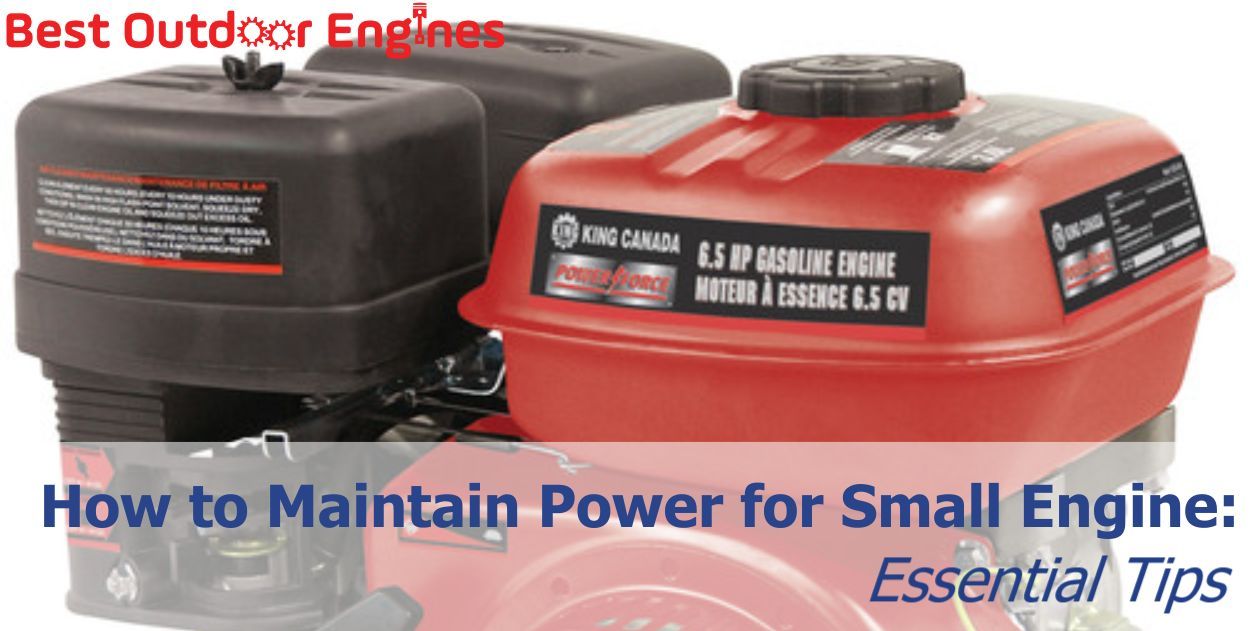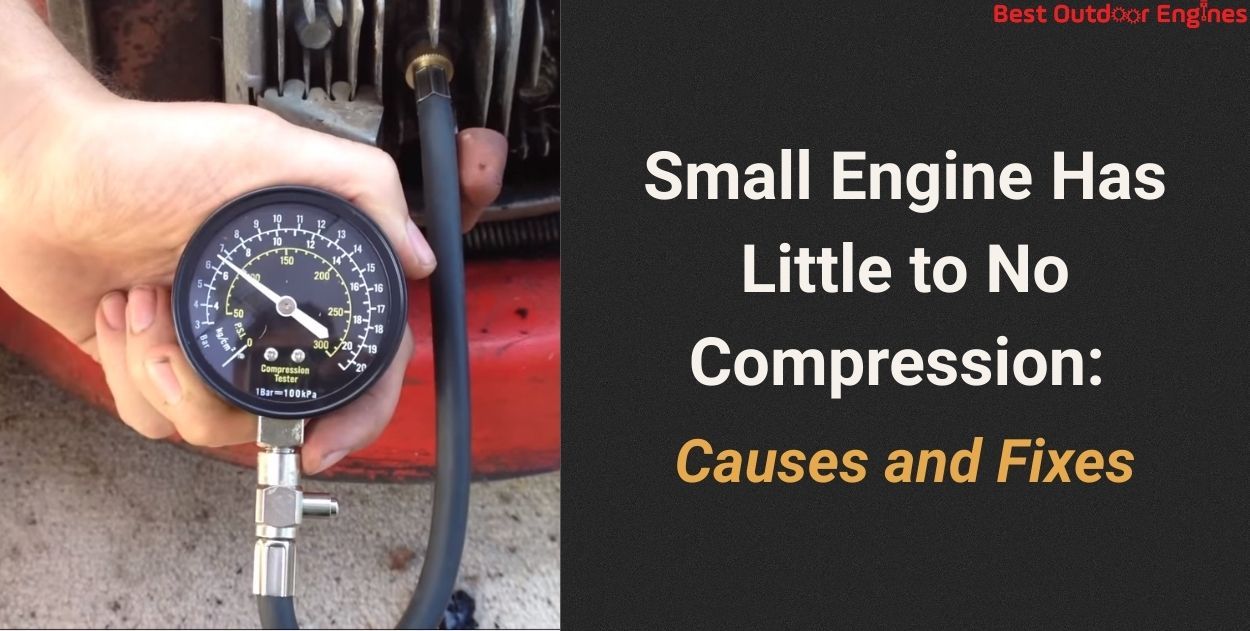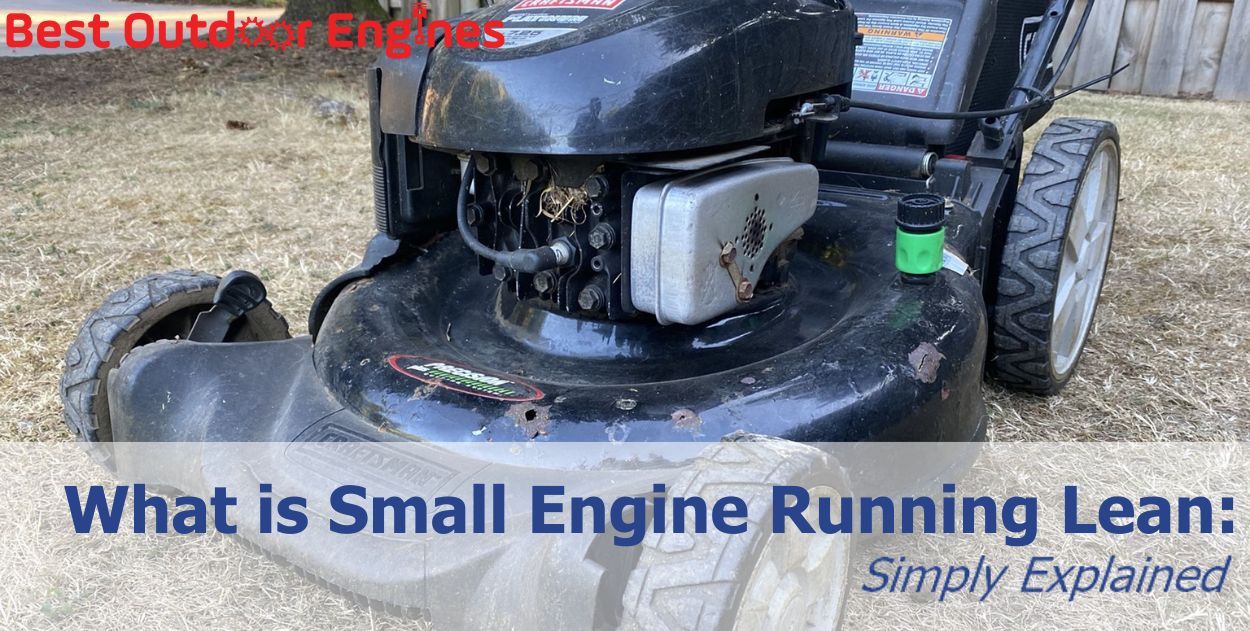How to Prevent Small Engine From Overheating: A Guide for Beginners
A small engine, like any other engine, can get hot during operations. However, just simply getting hot is the normal case as your engine works on a “burning” mechanism. If you control the temperature and use your engine at a correct level, you can easily reduce the heat from your small engine.

What Causes a Small Engine to Overheat?
There can be a lot of reasons causing your small engine to overheat, however, one of them being the low level of oil in your small engine. Normally, the small engine oil lubricates the engine part, which will reduce heat and friction. If the oil level is lower than needed, there would be an increase in friction. This makes the engine get more heat.
Another cause can be a dirty or clogged air filter. If the small engine’s air filter is dirty, the airflow of your small engine is restricted, which can lead to poor combustion. The lack of air ventilation also makes the engine much hotter, as the heat created during the process has nowhere to go, making them stay in the engine.
The spark plug can also be the cause of an overheated engine. If you don’t check the spark plug enough, it can get dirty, and sometimes your spark plug can also experience certain malfunctions. A malfunctioned spark plug issue can escalate into a much bigger problem like a broken engine.
We believe that if you overload your small engine, it also leads to the engine overheating. For example, if you use your old lawn mower to cut thick and tall grass, the engine can get excessive strain from doing hard work. This can also lead to overheating. If your engine often operates in extremely hot weather or at high altitudes, the engine’s performance and cooling efficiency can also be affected, leading to overheating.
We believe that there are certain misconceptions about small engine overheats that need to be addressed. The first is that overheating only happens in hot weather. While high temperatures can contribute to overheating in a small engine, this may not be the case the entire time. Overheat can also happen in very normal cool weather if your engine is suffering from poor maintenance or mechanical issues.
It is also believed by many users that overheating is not a serious problem. This is a big mistake. If you let your engine overheat too often, your engine can be severely damaged, and there can be a lot of worse issues making your engine fail to start in your next use.
Many also said that overheating can be due to the age of the engine. Some say if the engine is too old, it’s more likely to overheat. This may not be the case, as a new small engine can easily overheat if you neglect all the maintenance work that needs to be done.
If your small engine starts to overheat, taking prompt and appropriate actions can prevent further damage. Here's what to do:
Step 1: Turn Off the Engine Immediately:

Shut off the engine as soon as you notice signs of overheating, such as loss of power, strange noises, smoke, or a burning smell. Continuing to run an overheating engine can cause severe damage like we have mentioned previously
Step 2: Allow the Engine to Cool:

Let the engine cool down completely before attempting any maintenance or inspection. This may take 30 minutes to an hour.
Step 3: Start Checking All the Factors:

Once the engine is cool, you should start checking everything. First, check the oil level using the dipstick. If the oil is low, add the appropriate type and amount as specified in the owner's manual.
Next, remove and inspect the air filter. If it's dirty or clogged, clean it according to the manufacturer's instructions or replace it if necessary. There are different ways to identify which kind of air filter your small engine is using and which type of cleaning it needs. A clean air filter ensures proper airflow and combustion, which can prevent overheat.
Don’t forget about the cooling fins. Clean them with a brush or compressed air to ensure proper heat dissipation. Blocked cooling fins can significantly increase engine temperature.
Don’t forget about the fuel. Ensure you are using the correct fuel type and mixture. Old or contaminated fuel can cause overheating. If necessary, drain the fuel tank and refill it with fresh fuel.
Check the spark plug too to see any signs of fouling or damage. Clean the spark plug or replace it if needed to ensure efficient combustion.
Step 4: Restart and Checking

After performing these checks and maintenance tasks, restart the engine and take a close look at its operation. If it continues to overheat, turn off right away and there can be more serious issues that need to be investigated. The safe step here is to call for professional assistance.
Don’t let overheating happen too often, and if you already made it happen once, then don’t let the chance for the second incident. Take these measures right away to make sure everythings is operating fine and correctly:
For your small engine oil: Check the oil level before each use or every 5 hours of operation. Change the oil as recommended by the manufacturer, typically every 25-50 hours of use. Use the correct type and grade of oil specified in the owner’s manual.
For your air filter: Inspect the air filter every 10-25 hours of operation or as recommended. Clean foam filters with soap and water, and replace paper filters if they are dirty. Replace the air filter if it shows signs of wear or damage.
For the cooling fins: Check the cooling fins regularly, especially in dusty or dirty environments. Use a brush or compressed air to remove debris and ensure proper airflow.
For the spark plugs: Check the spark plug every 25 hours of operation. Clean or replace the spark plug if it is fouled or damaged. Ensure the spark plug gap is set correctly according to the manufacturer’s specifications.
A small engine can overheat for many reasons, and we may have many conceptions about the issues of the small engine. Once your small engine overheats, it is important to immediately take actions to make sure the issues don’t go beyond overheating. Last but not least, don’t let overheating be just a normal issue of your small engine usage as it’s always a sign of something gone wrong.
1. Why does my small engine overheat?
Overheating can be caused by low oil levels, blocked cooling fins, dirty air filters, poor ventilation, or a clogged carburetor.
2. What are the signs that my small engine is overheating?
Signs include a sudden loss of power, unusual noises, smoke, or a burning smell coming from the engine.
3. Can using the wrong fuel cause my engine to overheat?
Yes, using old or contaminated fuel, or a fuel mixture with incorrect ratios, can cause overheating. Always use fresh, clean fuel with the correct mixture ratio.
4. What should I do if my small engine starts to overheat?
Turn off the engine immediately, let it cool down, check oil and coolant levels, clean any obstructions, and inspect for any visible damage or leaks.
5. How can I prevent my small engine from overheating during extended use?
Take regular breaks to allow the engine to cool, ensure it's maintained properly, and operate it within its designed capacity without overloading.

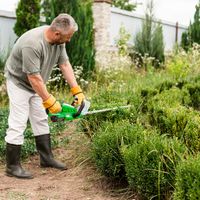
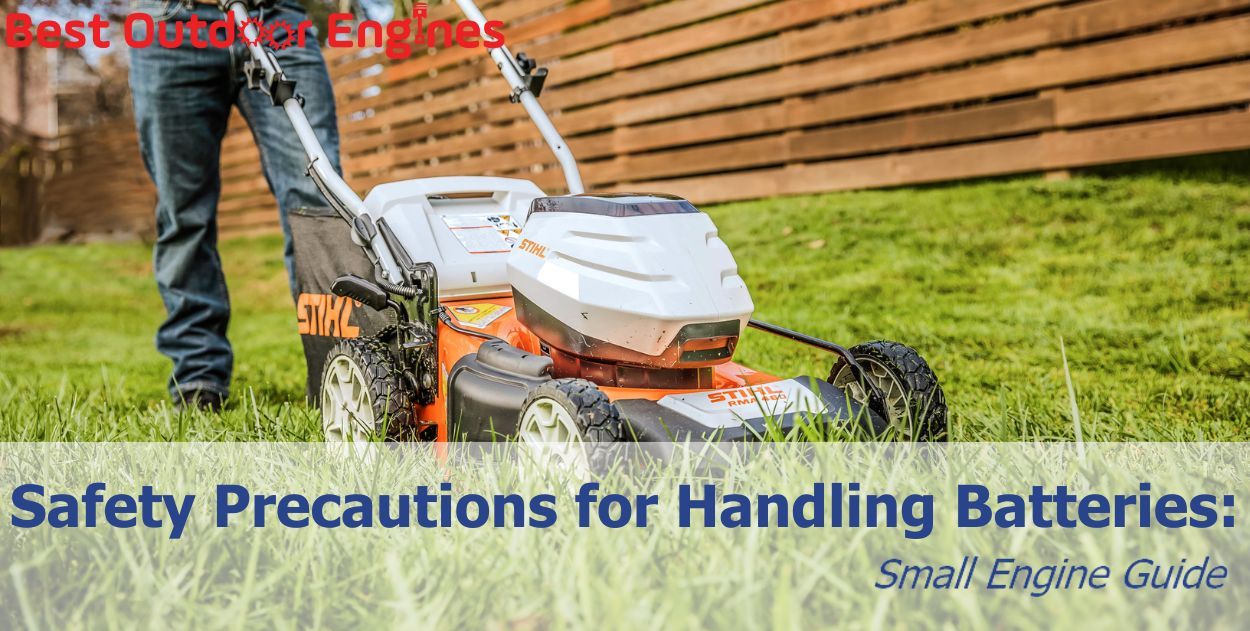
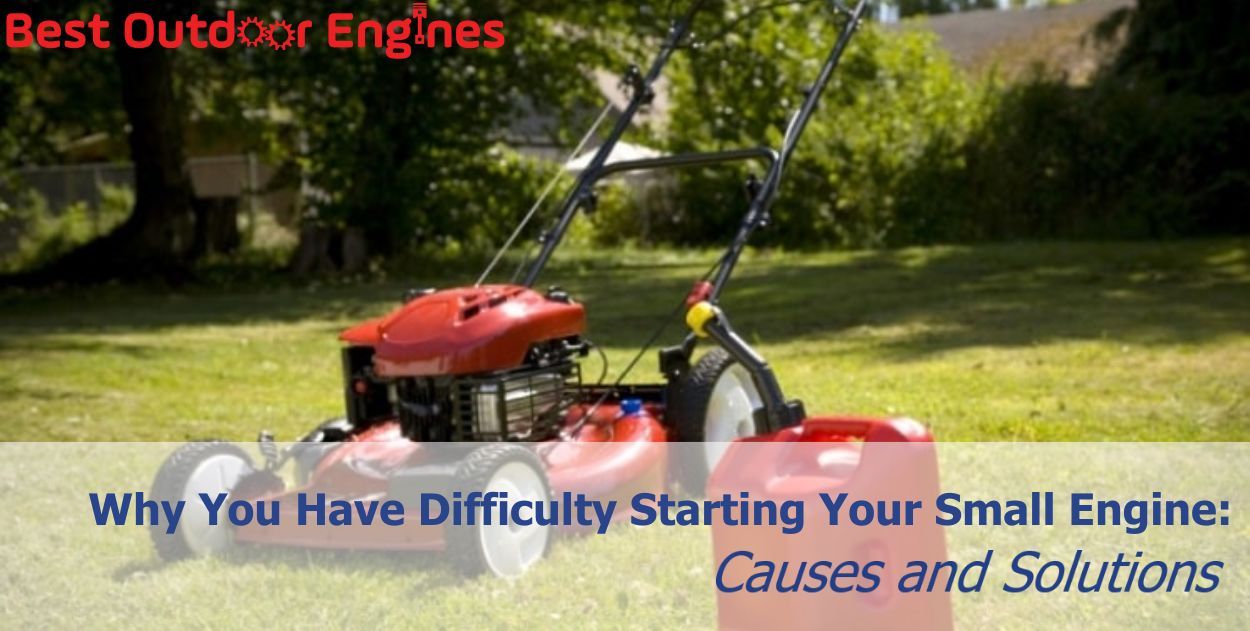
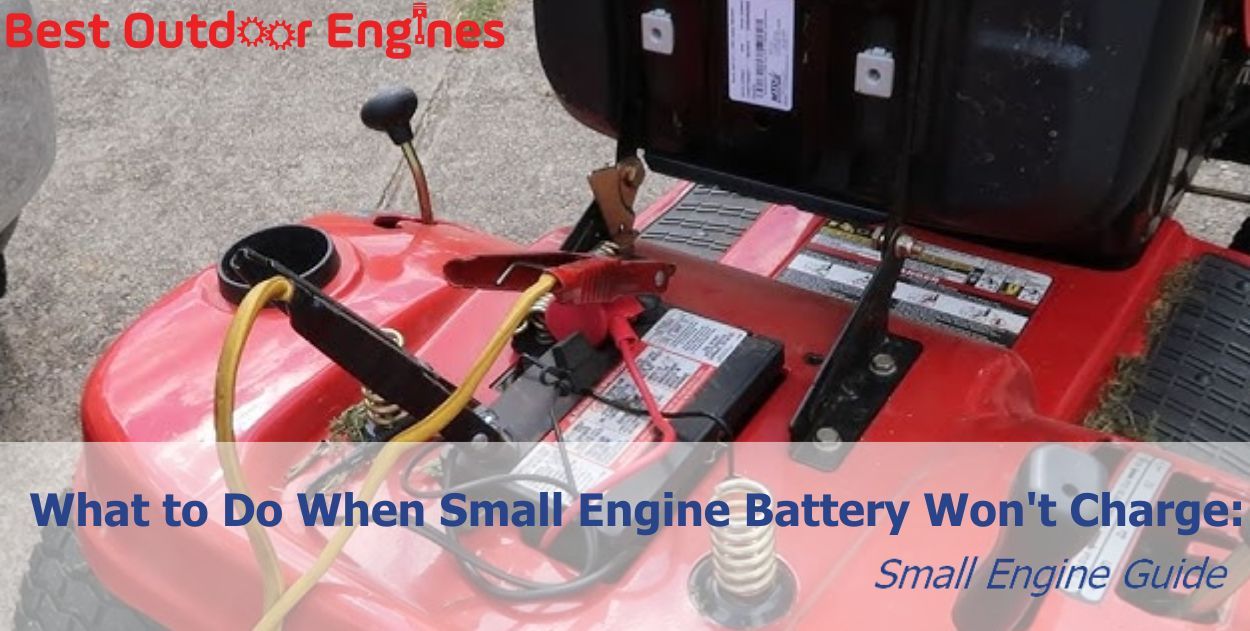
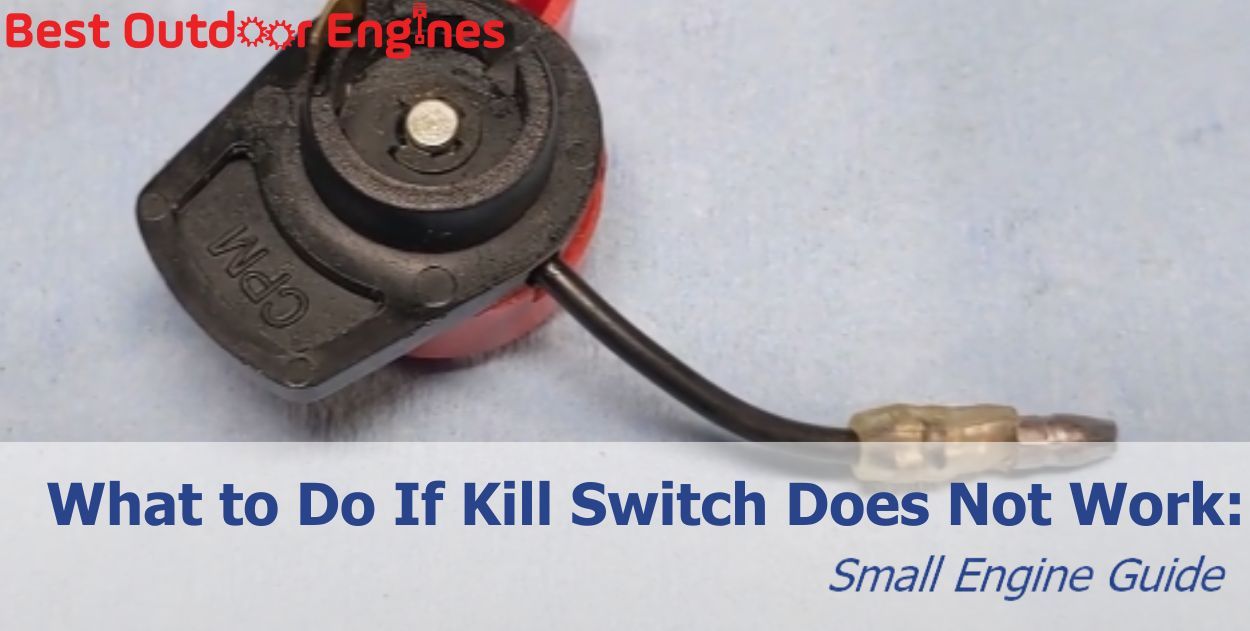
.jpg)
.jpg)
